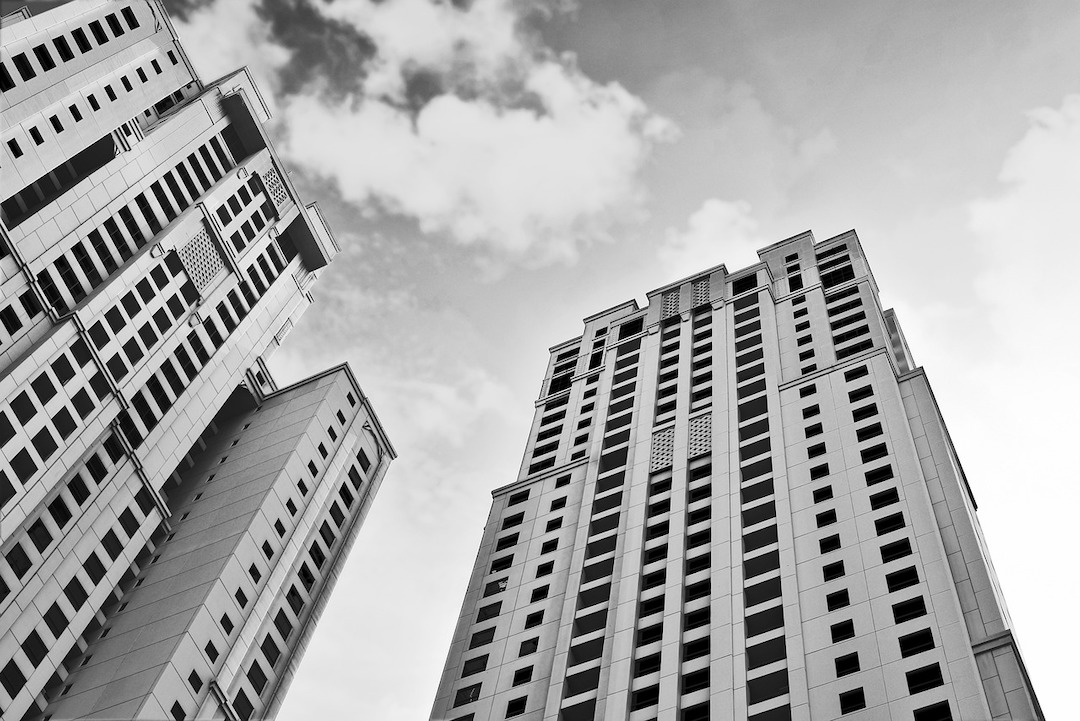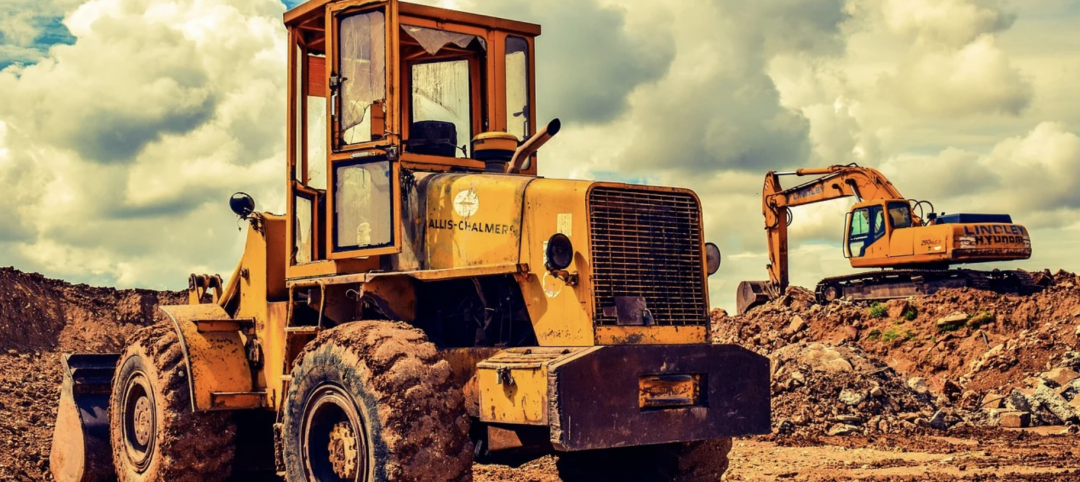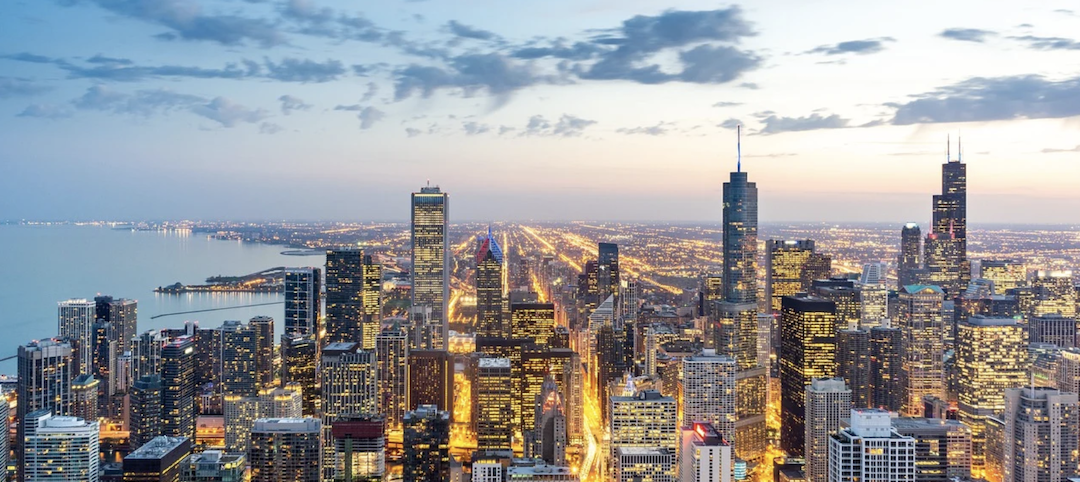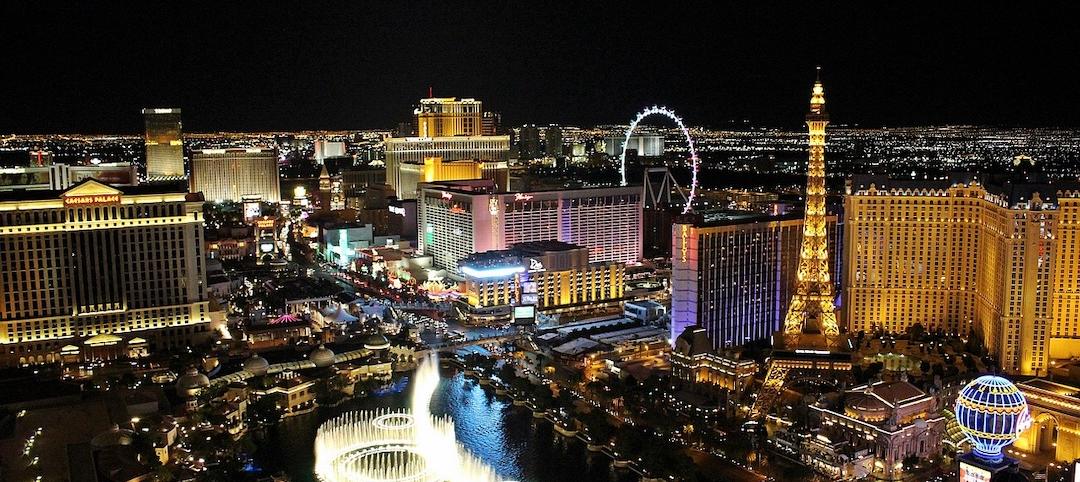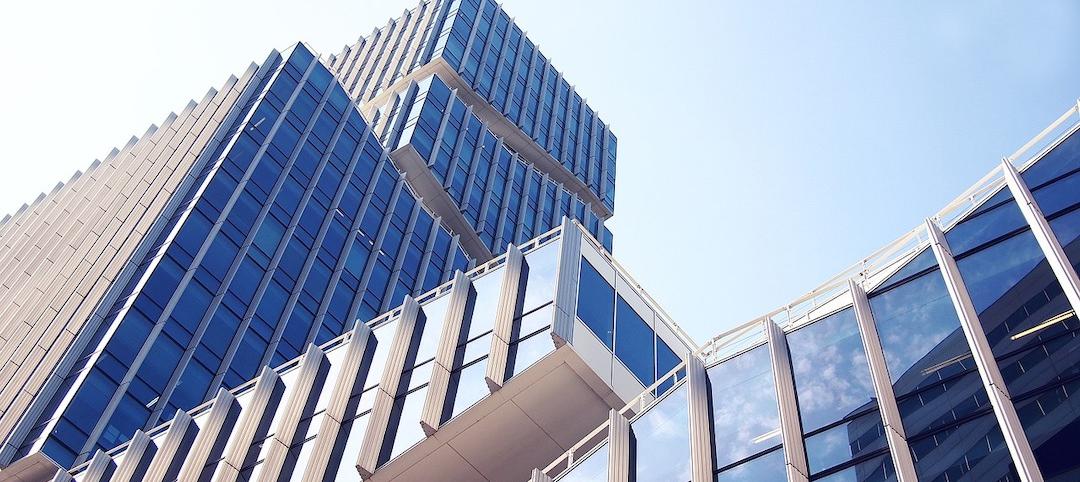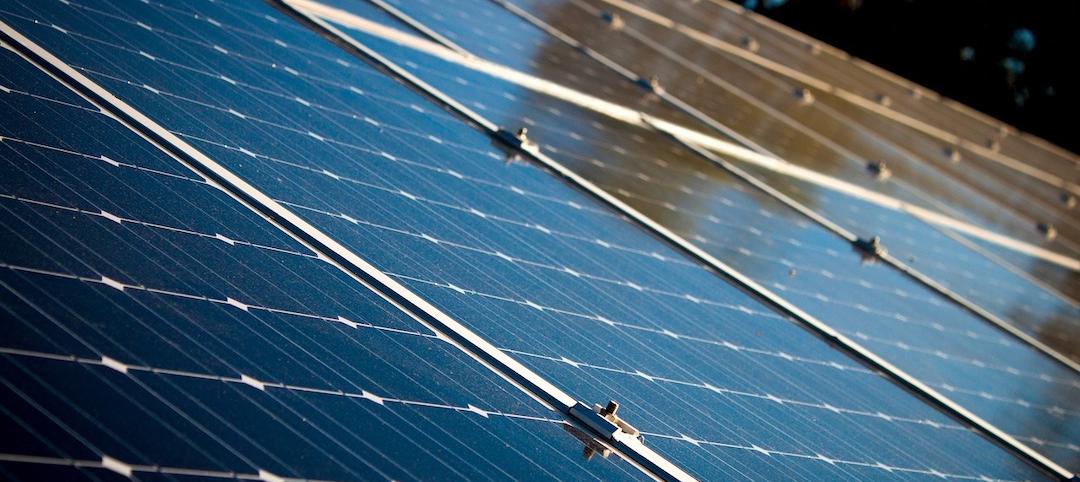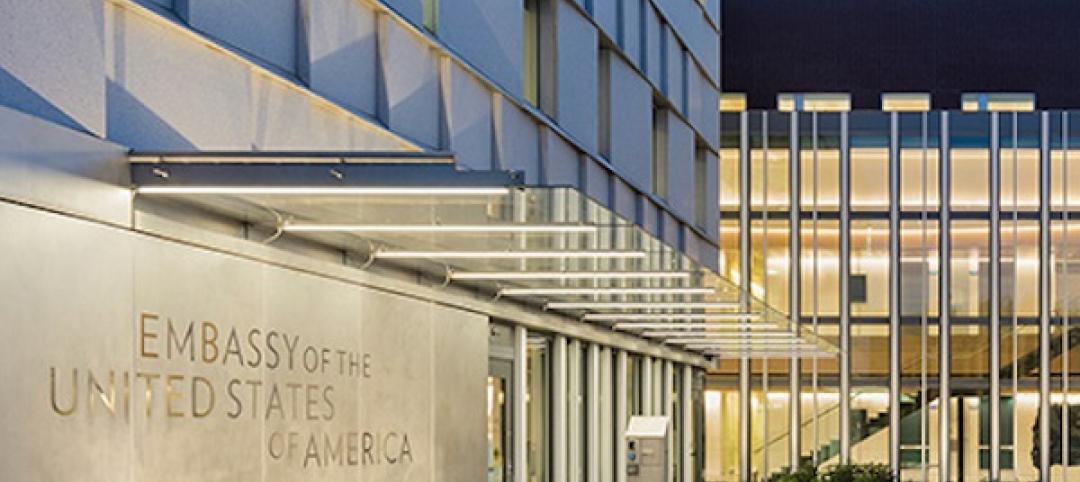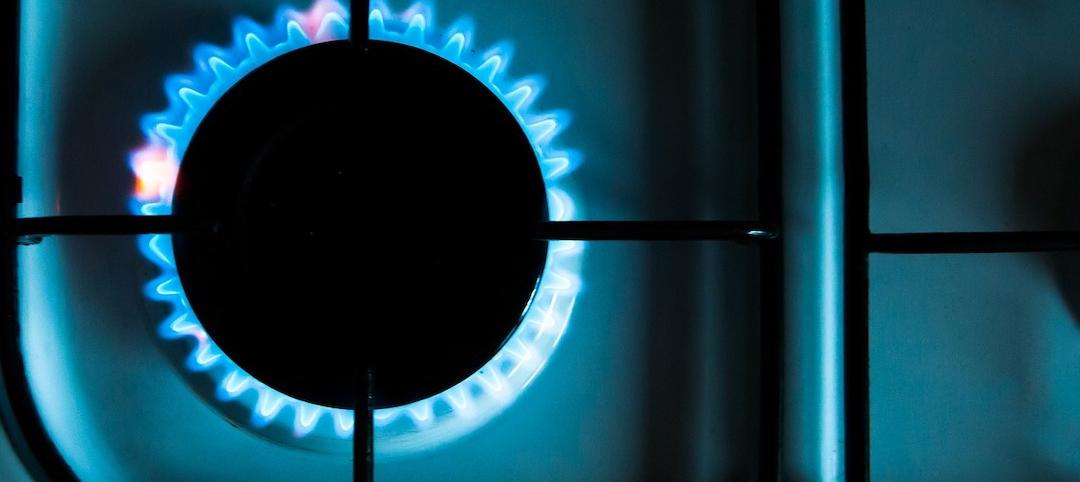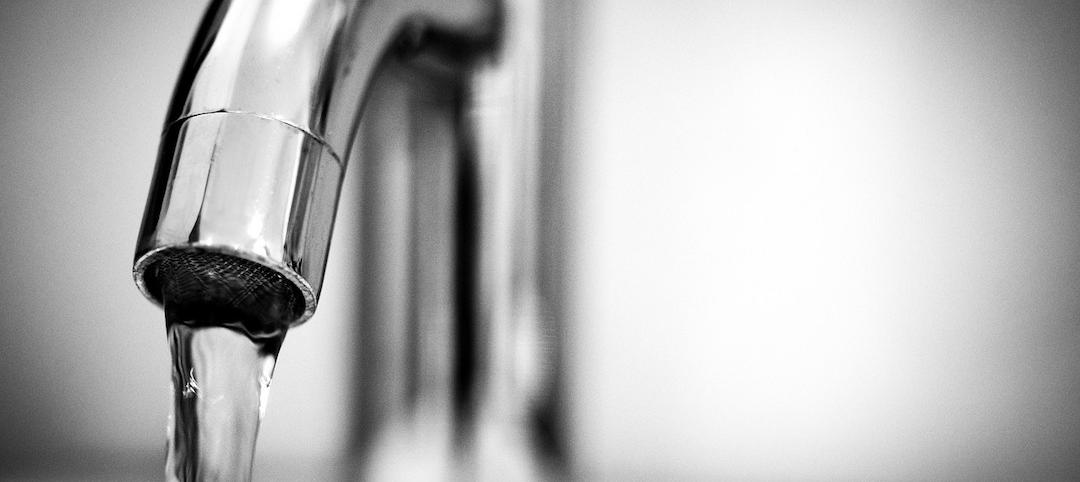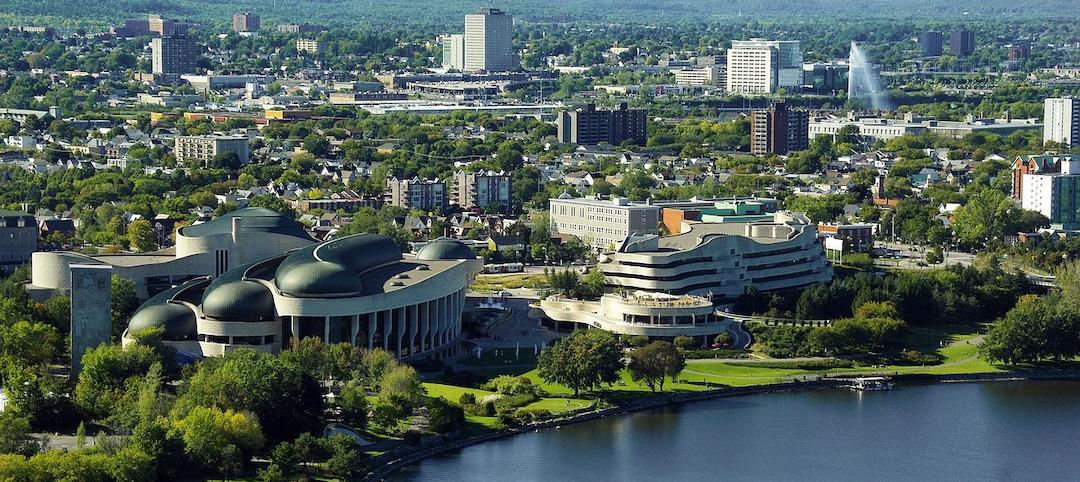The Insurance Institute for Business & Home Safety (IBHS) expanded FORTIFIED, a voluntary, beyond-code, resilient construction program, to include the multifamily sector. The standard is geared to homes built or retrofitted to perform better in severe weather, including powerful high winds and heavy rain from thunderstorms, derechos, hurricanes, and tornadoes.
IBHS says it will offer its FORTIFIED Home certification courses for free to nonprofit organizations building homes for families with low to moderate incomes. It will also eliminate the small administrative fee it collects to review and process FORTIFIED designations for single-family homes built by nonprofit organizations for families with low to moderate incomes.
In addition, IBHS will advance research-based affordable resilience solutions, including guidance on ways to make manufactured and modular homes more resilient through public policy initiatives. The organization will continue to collaborate with insurance companies, federal, state, local, and tribal entities, nonprofits, and others who build or have a shared interest in resilient homes and strengthened communities.
To achieve certification, builders and contractors must adhere to strict construction standards developed by IBHS to minimize damage from severe weather. Key resiliency features must be verified and documented by an independent, third-party evaluator.
Related Stories
Codes and Standards | Feb 2, 2022
Commercial and multifamily construction starts rebounded in 2021
Following COVID uncertainty in 2020, the industry recovered, but still lags 2019 levels.
Codes and Standards | Feb 1, 2022
Biden Administration launches state, local coalition to boost building performance standards
Will focus on energy efficiency and electrification across the buildings sector.
Codes and Standards | Jan 26, 2022
Downtown digital twin to aid Las Vegas in setting policy priorities
Will be used to address energy use, emissions, traffic, parking, noise, and emergency management.
Codes and Standards | Jan 25, 2022
Modeling tool helps compare options for HVAC systems when little known about a building
Compares projected costs and energy usage for all HVAC systems and hot water consumption.
Codes and Standards | Jan 25, 2022
Critics slam proposed revamp of California’s solar net energy metering rate
Could make rooftop solar panels unaffordable for most customers.
Sponsored | Resiliency | Jan 24, 2022
Norshield Products Fortify Critical NYC Infrastructure
New York City has two very large buildings dedicated to answering the 911 calls of its five boroughs. With more than 11 million emergency calls annually, it makes perfect sense. The second of these buildings, the Public Safety Answering Center II (PSAC II) is located on a nine-acre parcel of land in the Bronx. It’s an imposing 450,000 square-foot structure—a 240-foot-wide by 240-foot-tall cube. The gleaming aluminum cube risesthe equivalent of 24 stories from behind a grassy berm, projecting the unlikely impression that it might actually be floating. Like most visually striking structures, the building has drawn as much scorn as it has admiration.
Sponsored | Resiliency | Jan 24, 2022
Blast Hazard Mitigation: Building Openings for Greater Safety and Security
Codes and Standards | Jan 24, 2022
N.Y. governor calls for ban on natural gas in new buildings
Action follows New York City’s ban.
Codes and Standards | Jan 19, 2022
EPA may expand product lineup that can earn WaterSense label
Would include systems that enhance water quality at the tap.
Codes and Standards | Jan 19, 2022
Canada’s Trudeau seeking building codes changes, net-zero emissions building strategy
Prime minister also wants net-zero electricity grid by 2035.


